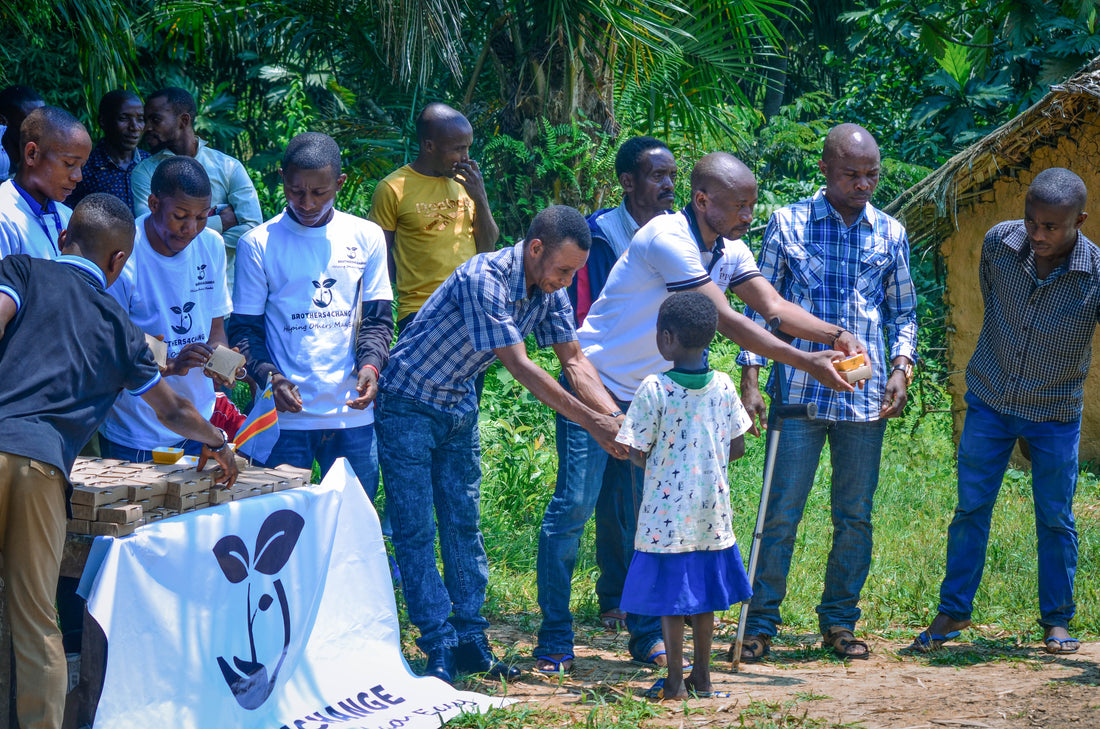- Improving Academic Performance
- Enhancing Learning Abilities
- Boosting Attention and Concentration
- Cognition and Brain Function
- Inclusivity and Classroom Participation
- Physical and Mental Health Benefits
- Preparedness For The Future
- Sports Values: Teaching Life Skills
- Towards Innovative Education for Development
- Final Thoughts
In today's ever-evolving educational landscape, it's crucial to recognize the remarkable potential of sports and physical education in making learning more accessible and effective. Sports, often considered a pastime, offer a unique platform for holistic development. This article explores the impact of sports as educational tools, shedding light on how they promote inclusivity, enhance academic performance, boost mental and physical health, and prepare students for a successful future.
The Inseparable Link Between Sports and Education
The traditional view that sports distract from academics is outdated. In fact, research highlights that sports and physical activities have a profound and positive influence on educational outcomes. When thoughtfully designed and executed, they become invaluable educational tools.
1. Improving Academic Performance
Contrary to the misconception that sports hinder academic progress, participation in both organized sports and physical activities, both within and outside the classroom, actually bolsters academic performance. Students engaged in sports show improved efficiency in their studies. This highlights the symbiotic relationship between physical and mental well-being.
2. Enhancing Learning Abilities
Integrating sports and physical activities into daily routines has shown remarkable success in enhancing students ability to learn and apply new techniques and knowledge. Even light to moderate physical activity, especially in the morning, significantly improves access to knowledge and the application of organizational, inhibitory, and memory skills.
3. Boosting Attention and Concentration
Regular participation in sports and physical activities correlates positively with higher levels of attentiveness in the classroom. Increased attentiveness translates to better academic performance, as students become more capable of focusing on, absorbing, and retaining subject matter.

4. Cognition and Brain Function
Frequent participation in sports positively influences cognitive development among young individuals. It encourages the development and utilization of core brain skills, such as critical thinking, reading, learning, memory, reasoning, and problem-solving. It is achieved through increased blood flow to the brain, higher levels of norepinephrine and endorphins, and the promotion of synaptic plasticity.
Cognition and brain function are intricately intertwined with the world of sports and physical education. Engaging in sports has been shown to have a profound impact on cognitive development, especially among young individuals.
Through regular physical activity, the brain experiences increased blood flow, leading to heightened cognitive functions. This heightened blood flow promotes the release of neurotransmitters like norepinephrine and endorphins, fostering better concentration and mood.
Furthermore, sports induce the production of growth factors that aid in creating new nerve cells and enhancing synaptic plasticity, ultimately fine-tuning the brain's ability to think, read, learn, remember, reason, and solve problems. It's a powerful testament to the symbiotic relationship between physical and mental well-being.
5. Inclusivity and Classroom Participation
Sports serve as a powerful tool to promote inclusivity and classroom participation. They create opportunities for students to interact and form strong friendships, transforming the classroom into a positive and engaging space for learning.
Students who engage in both curricular and extracurricular physical activities tend to exhibit a higher commitment to school and a greater desire to participate in school life. Team-based sports, in particular, foster a shared sense of identity, fellowship, and purpose among participants, bridging divides and promoting inclusivity.
Moreover, sports and physical activities can be leveraged as effective tools to encourage the participation of marginalized students and promote inclusive practices. Well-designed sports programs in schools can play a pivotal role in fostering gender diversity and providing role models for young women and girls, who are often underrepresented in school sports and physical education.
Physical and Mental Health Benefits
The advantages of sports in education go beyond academic success. Regular physical activity decreases cardiovascular risks, even extending into adolescence and adulthood. It also correlates positively with reduced drug and alcohol use in schools, promoting a healthier lifestyle.
Moreover, research shows that students who participate in sports and physical activities experience better mental health compared to their inactive counterparts. Engaging in sports fosters feelings of safety, connection, and purpose, leading to improved mood states. It also contributes to a reduction in anxiety, stress, and depression, with physically active students generally exhibiting higher levels of confidence, self-esteem, and self-worth.
Preparedness For The Future
One of the most significant advantages of incorporating sports into education is the preparedness it offers students for the future. Active participation in sports enables students to develop skills, knowledge, and networks that extend beyond the classroom and into their homes, communities, and careers.
Through skill development and increased confidence, active students are more likely to pursue higher education and secure high-quality employment opportunities. Additionally, studies demonstrate that students engaged in extracurricular sports are more active participants in their communities, engaging with social and charitable issues and contributing positively to society.
Sports Values: Teaching Life Skills
Sport provides an ideal platform for teaching essential life skills, such as fairness, team building, equality, discipline, inclusion, perseverance, and respect. These values form the foundation of responsible citizenship, and sports act as a universal framework for learning and internalizing them.
Towards Innovative Education for Development
In the 21st century, education is evolving to recognize the role of values and social skills in addressing global challenges. Sport-based values education aligns with the Sustainable development goal on quality education, advocating for inclusive lifelong learning opportunities and innovative content delivery.
In the realm of societal transformation, the formidable force of education cannot be underestimated. Brother4Change, an organization with a steadfast belief in the power of education, is resolutely committed to its Empowerment Program. In this noble endeavor, they pledge to allocate a commendable 10% of profits from your purchases towards the noble cause of enhancing educational accessibility in developing nations.
The cornerstone of their program lies in the provision of essential tools that augment the learning experience for students. It is a recognition that, in the crucible of knowledge acquisition, students must be adequately equipped. And, with your invaluable support, they are indeed making a profound impact. They are, in essence, laying the foundation for children to embark on a transformative educational journey.
Yet, amidst this commendable mission, Brother4Change has identified a formidable adversary, the financial barriers that thwart education in developing countries. A poignant obstacle is the cost of school uniforms, which is often an insurmountable burden for parents. However, this organization has taken a laudable step by encompassing school uniforms within their Empowerment Program. By shouldering this essential expense, they have unfurled the path to education for countless children. It is a quintessential act of dismantling financial obstacles and forging a gateway to brighter, more promising futures.
In this synergy of vision and action, Brother4Change is sowing the seeds of hope, promising a tomorrow where students, empowered through education, can indeed reach their full potential. It is a testament to the transcendent power of education and the enduring impact it can have on the lives of the young minds who are its beneficiaries.
Final Thoughts
In conclusion, sports are not merely a form of recreation but powerful educational tools that contribute to making education more accessible and effective. They enhance academic performance, promote inclusivity, improve physical and mental health, prepare students for a successful future, and provide crucial life values.
It's time to acknowledge the pivotal role sports play in nurturing well-rounded individuals and fostering responsible citizens. By integrating sports and physical education into the curriculum, we create a learning environment that not only educates but also empowers, enriches, and transforms the lives of our future generations. Sport is indeed a game-changer in the realm of education.

